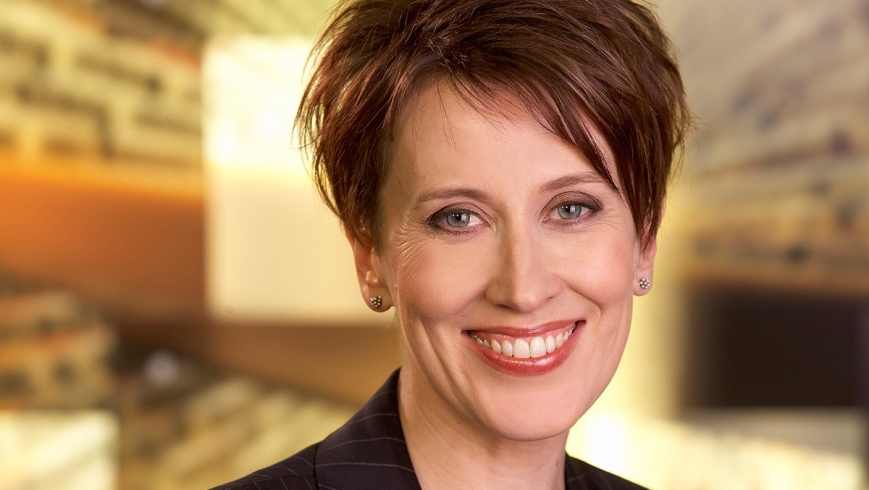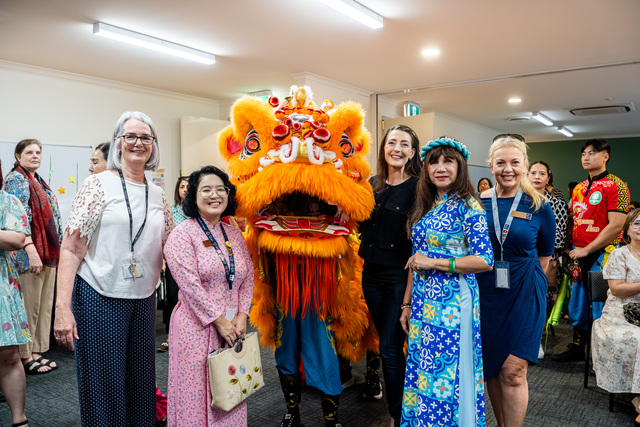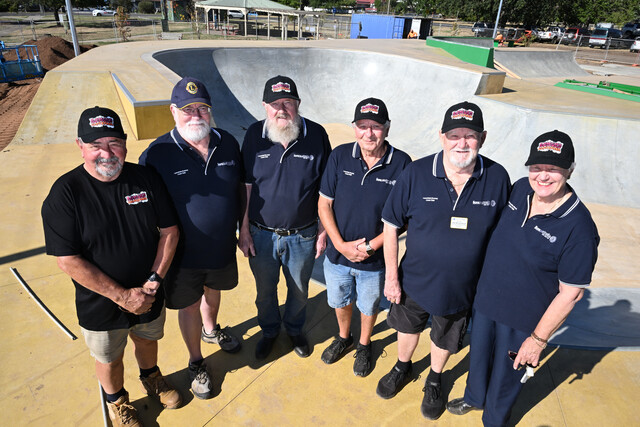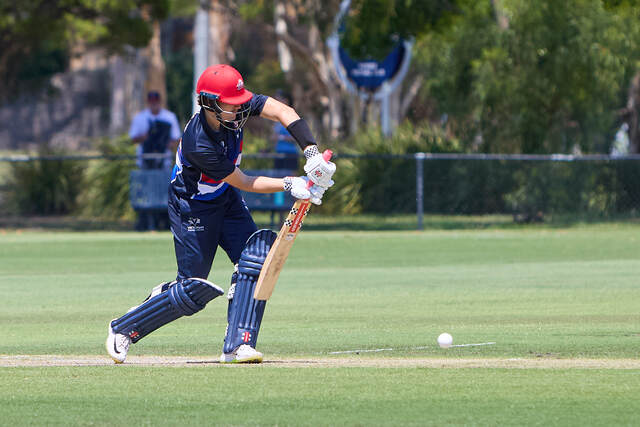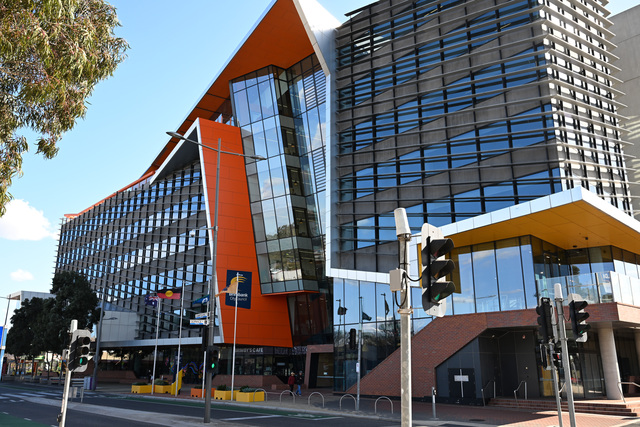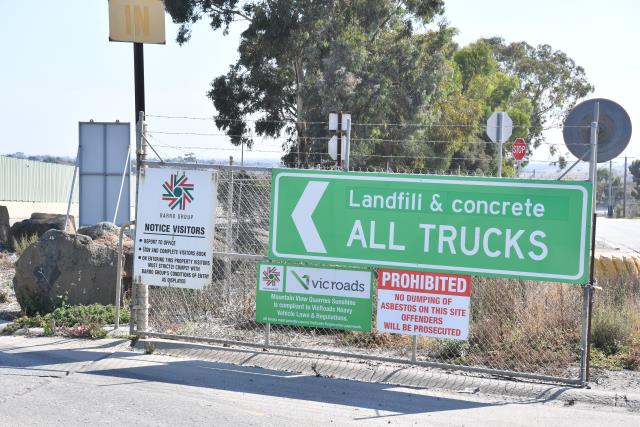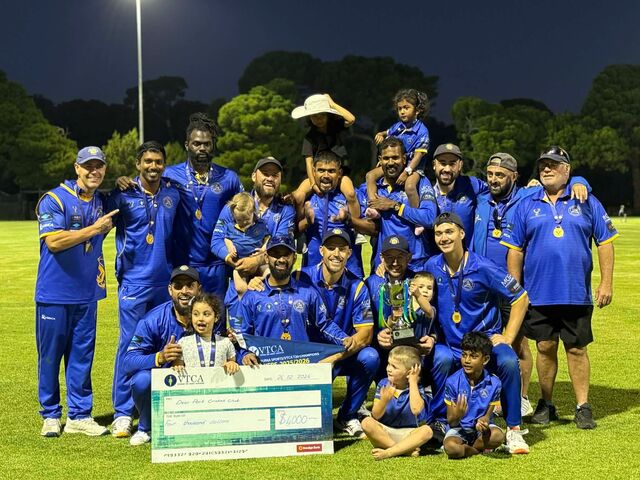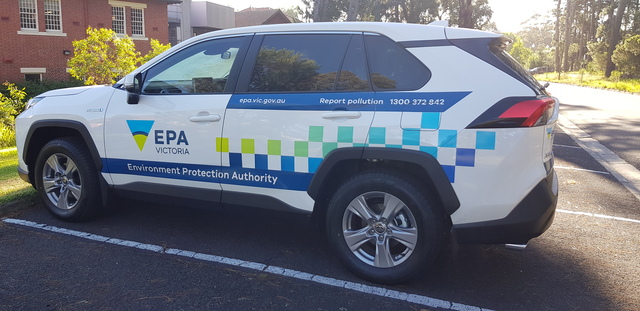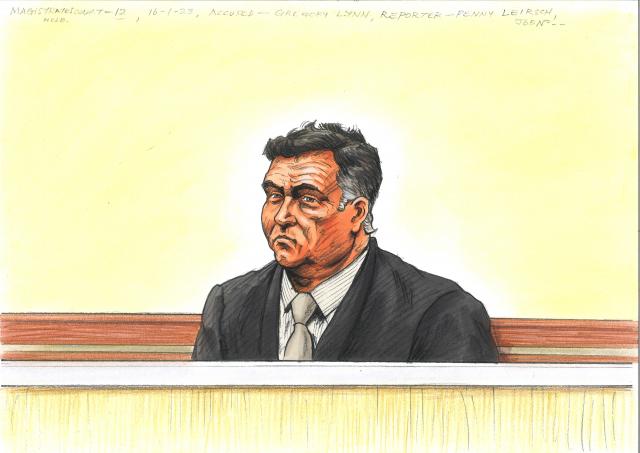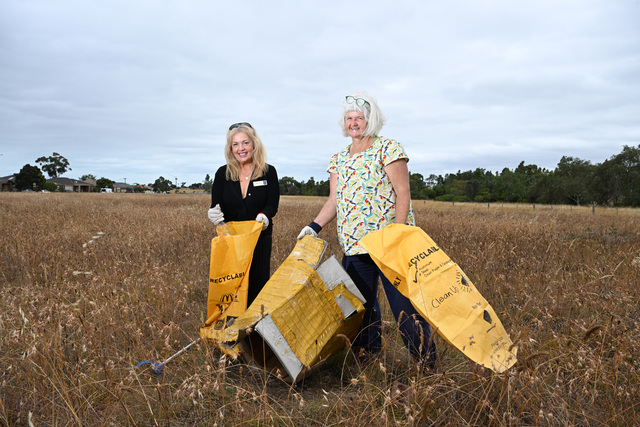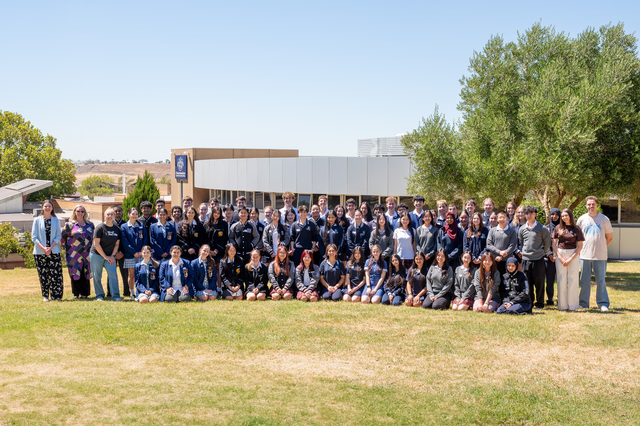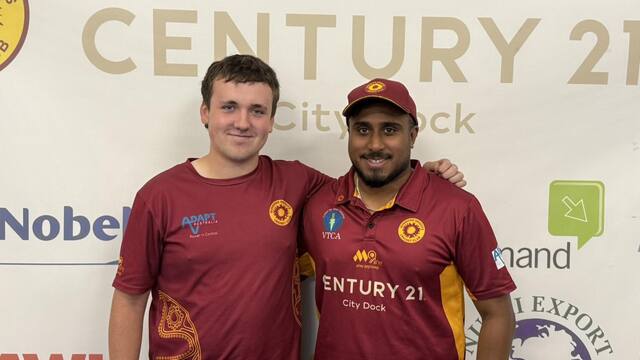A wise friend, schooled in and a servant of the law, once told me he had no problem with the concept of the death penalty as punishment, or even as a society’s retribution for the most heinous of crimes, except in one respect: the law can get it wrong. And if there is the possibility of even one person being incorrectly killed for a crime of which they are not guilty, then that is enough to put aside capital punishment for all time.
He had a rather compelling argument for how a sophisticated and advanced society could justify this most final of punishments, but I don’t recall how that went. All I remember is his insistence that justice cannot be done to the victims of crime – the murdered, the family and loved ones of the murdered – when a convicted criminal can walk free after 16 or so years and start life again. Something complete, he argued, needed to be taken from them; if it wasn’t going to be their life, then it could at least be the possibility of a life beyond bars. They would forfeit their right to life as we know it.
I will never forget the amazement, the simple incredulity I felt when a shockingly young, stupid and reckless bunch of Australians were arrested at Denpasar’s airport, and others at a Kuta Beach hotel, with a great whack of heroin crudely duct-taped to their torsos. How dumb could you be? How bloody selfish, as young people, to join in a trade that hoped to enslave other young people to such a vicious drug. Then, I started to wonder just how vulnerable and just how ignorant they must have been to fall prey to this scam.
The two labelled as ringleaders, Andrew Chan and Myuran Sukumaran, I could barely look at their images. Selfish thugs.
They were the usual primary emotions you feel when first confronted by a stupid crime, and they were certainly not worthy of being committed to paper.
Until today I don’t think I’ve written a word about the Bali Nine – not even when it was revealed the Australian Federal Police played a role in their arrest, apparently taking the desperate pleas of a father who suspected his son was about to embark on a crime and then tipping off its Indonesian counterparts that Australians were planning to smuggle drugs. (The AFP has rejected the suggestion it has blood on its hands and has said it will explain its position better once all clemency requests have been dealt with.)
But when Indonesia marshalled the equivalent of the Fifth Fleet and the 3rd Battalion to escort two young men, who since their arrest had become a pastor and a painter, to a small island to be executed by firing squad, the sorrow and the absurdity and the hypocrisy of the situation became overwhelming.
Indonesia has been a fierce and well-funded force of intervention on behalf of its own domestic workers who find themselves facing the death penalty overseas – maids who have been so abused, sometimes raped, by their employers that they strike back fatally. In one recent high-profile case, the Indonesian government even paid “blood money” to have a death sentence commuted to life imprisonment.
I won’t waste your time arguing the difference between murder in self defence and a failed attempt at drug smuggling. All that matters here is that Indonesia is desperate to save its own people from death, and will intervene in any way possible to secure that.
The fact the country’s own laws recognise rehabilitation as a mitigating factor in deciding punishment makes the argument with our neighbour even more absurd.
Just how modern and how genuine is our relationship with this powerful neighbour? What does it really mean and what does it amount to at a time when almost an entire nation has pleaded to spare the lives of two men who have recently done more good in their lives than they ever did before?
I know that a whole lot of beef cattle seem to bellow louder than softly spoken words of diplomacy: how special is this relationship? We’re about to find out.
» Virginia Trioli is co-host of ABC News Breakfast on ABC1 and ABC News 24, 6-9am weekdays.
» Follow Virginia on Twitter @latrioli

